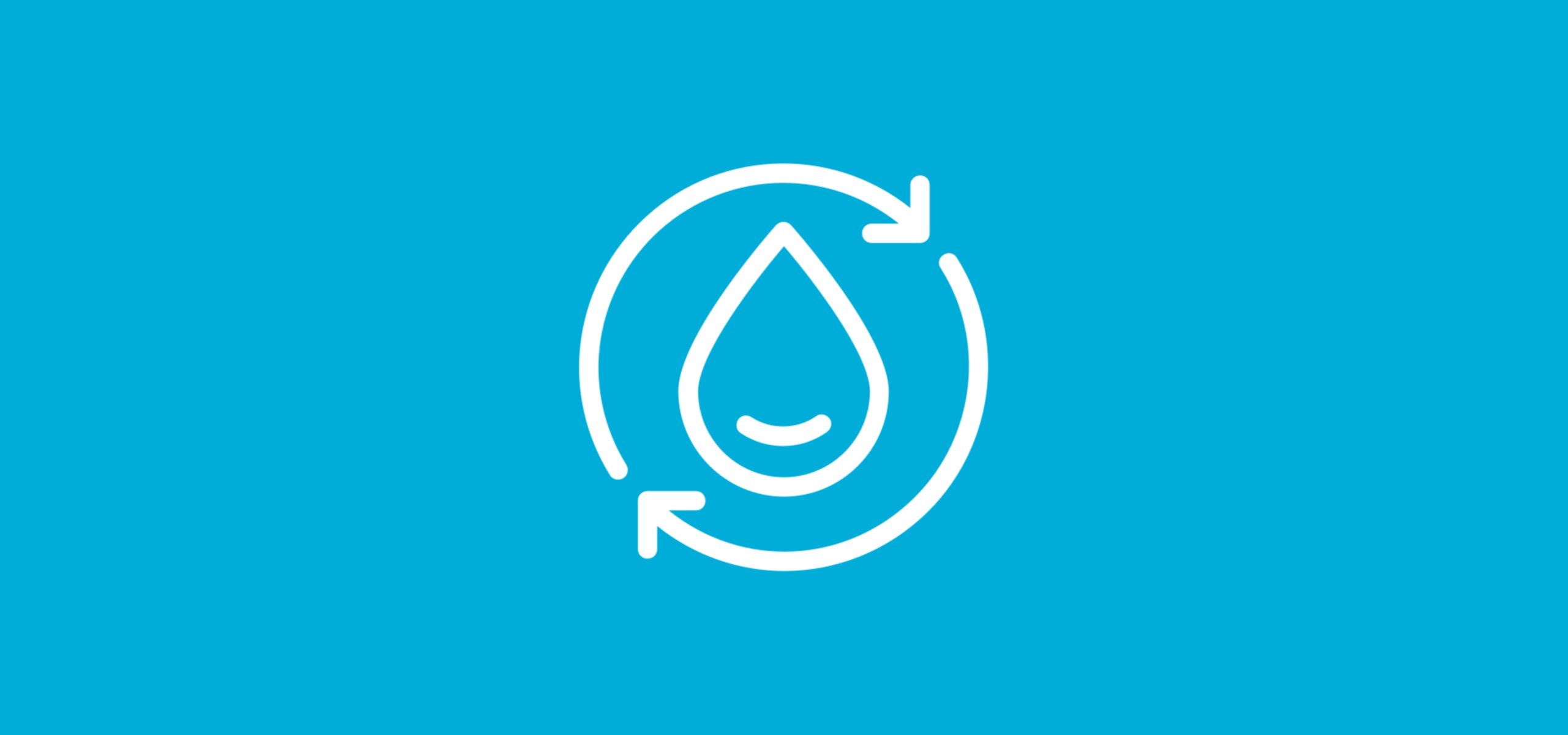Democratic Republic Congo | Morocco | Nigeria | Mozambique | Tanzania
Description
Africa as a continent faces various water-related challenges. These range from the traditional quantity- (droughts, floods) and quality-related challenges to more complex phenomena where water is a part of broader interconnections. AfDB’s2000 IWRM policy aims to ensure that broader development issues concerning water efficiency, equity and environmental sustainability are all fully considered in the design of its water interventions. With a view to inform necessary policy adaptations, the Operations Evaluation Department is leading an overall evaluation of AfDB’s IWRM activities over the period of 2000 – 2010.
The focus of the evaluation is on the implementation of the IWRM policy in terms of; the institutional response, the way this has been translated into operational activities at the country level, and the relevance of the IWRM approach in the Bank’s decision making process.
The objective of the study is to evaluate the extent to which the principles of IWRM are reflected in the Bank’s assistance to Regional Member Countries over the 2000-2010 period drawing attention to emerging best practices. The aim is to achieve this by a logical sequence of steps, which include:
- country and project selection;
- development of the analytical framework;
- collection of the relevant project documents;
- review of Country Strategy Papers (CSPs)
- and Project Appraisal Reports (PARs);
- preparation of draft review report;
- presentation of the findings to ADB;
- and finalization of the final review report.
Services
Review Phase
- Review a total of 15 water supply and sanitation from 5 countries: Democratic Republic Congo, Morocco, Nigeria, Mozambique and Tanzania.
- Analyze each project against the analytical framework to assess the extent to which IWRM principles are addressed and/or reflected in the intervention, noting particular strengths and shortcomings in the project design.
- Review available project documents, primarily CSPs and PARs and assess the documents on the basis of quantifiable and measurable indicators.
- Conduct the initial project-by-project screening and scoring and follow-up round of analysis
- Conduct second screening across countries in order to extract messages that are valid beyond the specific situation of each project
- Identify and extract examples of good practice and innovation in IWRM project design, and identify the factors that contributed to such examples.
- Conduct more in-depth qualitative review with the objective to identify emerging best practices.
Synthesis Phase
- Practical recommendations to improve IWRM principles;
- Changes proposed to improve the IWRM approach and its implementation framework;
- Recent developments in the IWRM sector, such as water footprints of commodities, virtual water flows and best alternative use of water resources.


